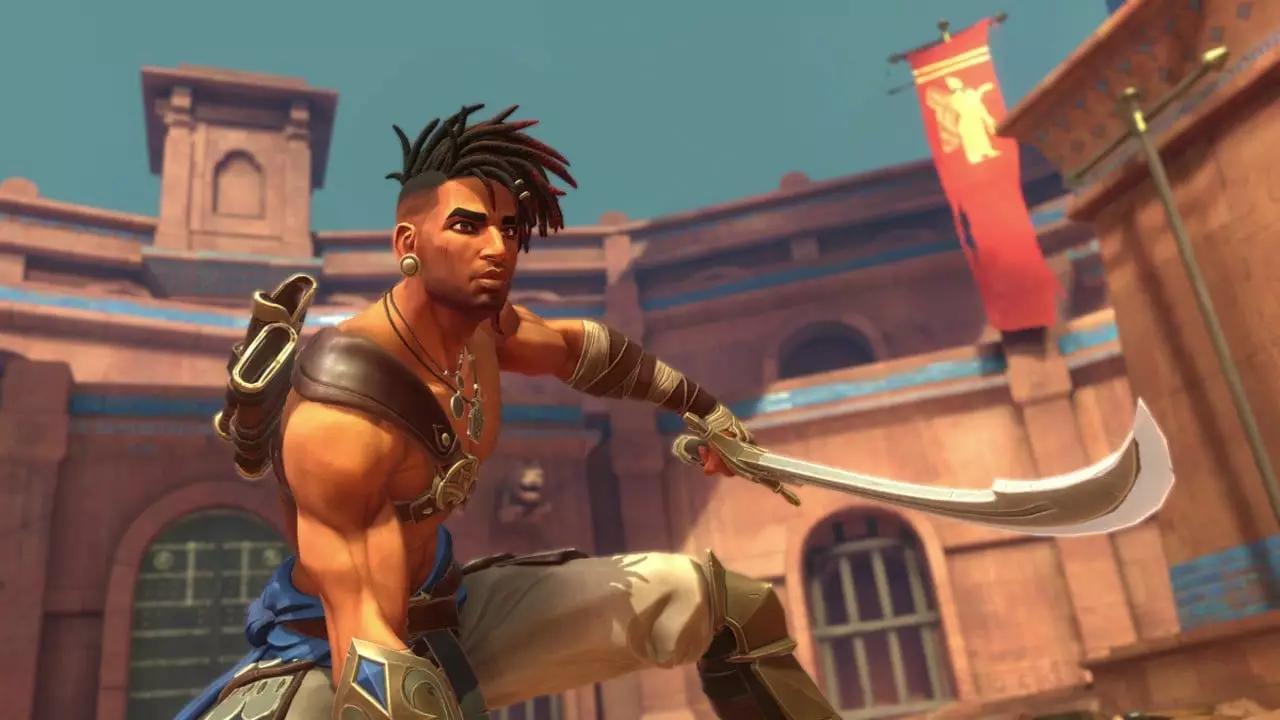Ubisoft, a major player in the gaming industry, finds itself navigating turbulent waters in 2024. With significant losses in market value—reportedly around 50%—the company is under immense pressure to regain stability and restore investor confidence. The financial downturn can be attributed to several missteps over the past year, including disappointing game releases and strategic oversights, leading to a notable decline in share prices. In light of these challenges, the Guillemot family, Ubisoft’s founding family, alongside Tencent, a Chinese tech giant, are exploring the possibility of taking the company private.
According to sources, including Bloomberg, discussions are ongoing among the Guillemot family and Tencent regarding various strategies to enhance Ubisoft’s market positioning. While the idea of a buyout is garnering attention, it’s important to note that these deliberations are still in their infancy. There is no confirmation that a formal transaction will materialize, yet speculation surrounding potential buyouts has momentarily revived investor interest, causing a share price increase of approximately 33%. This surge underscores how investor sentiment can shift rapidly based on potential maneuvers by major stakeholders.
While strategizing for the future, the past year has seen Ubisoft struggle with game releases that failed to resonate with audiences. Notably, the much-anticipated “Star Wars Outlaws” fell flat, receiving mixed reviews and performing poorly at retail. Furthermore, to mitigate risks stemming from this misfiring, Ubisoft announced a delay for its flagship title “Assassin’s Creed Shadows” until February 2025. This avoidance tactic reflects a cautious approach aimed at ensuring a more favorable reception upon release.
Despite these setbacks, there are glimmers of hope within Ubisoft’s portfolio. “Prince of Persia: The Lost Crown” has emerged as a standout title, acclaimed for its design within the Metroidvania genre. However, given Ubisoft’s historical practices of rapidly discounting titles post-launch, concerns arise regarding the game’s long-term commercial viability. Such strategies often muddle potential sales figures, leading to an unfavorable cycle that the company needs to break.
As discussions about taking Ubisoft private unfold, stakeholders must weigh the advantages and disadvantages of such a transition. A private structure could allow for bolder creative decisions free from public market pressures, enabling the company to innovate without the constant scrutiny from investors focused solely on quarterly performance. Conversely, the transition presents its own risks, particularly concerning access to capital in the ever-evolving gaming landscape.
Moving forward, Ubisoft’s management must not only address its operational blunders but also foster a culture of innovation and responsiveness to market demand. By recalibrating its release schedules and refining its marketing strategies, Ubisoft can better position itself to emerge from these challenges. Although there is uncertainty about the future, proactive management and strategic partnerships could help restore Ubisoft’s stature in the gaming community. Ultimately, time will tell whether these efforts can lead to a meaningful turnaround or if the company will continue to face mounting obstacles in the years to come.


Leave a Reply